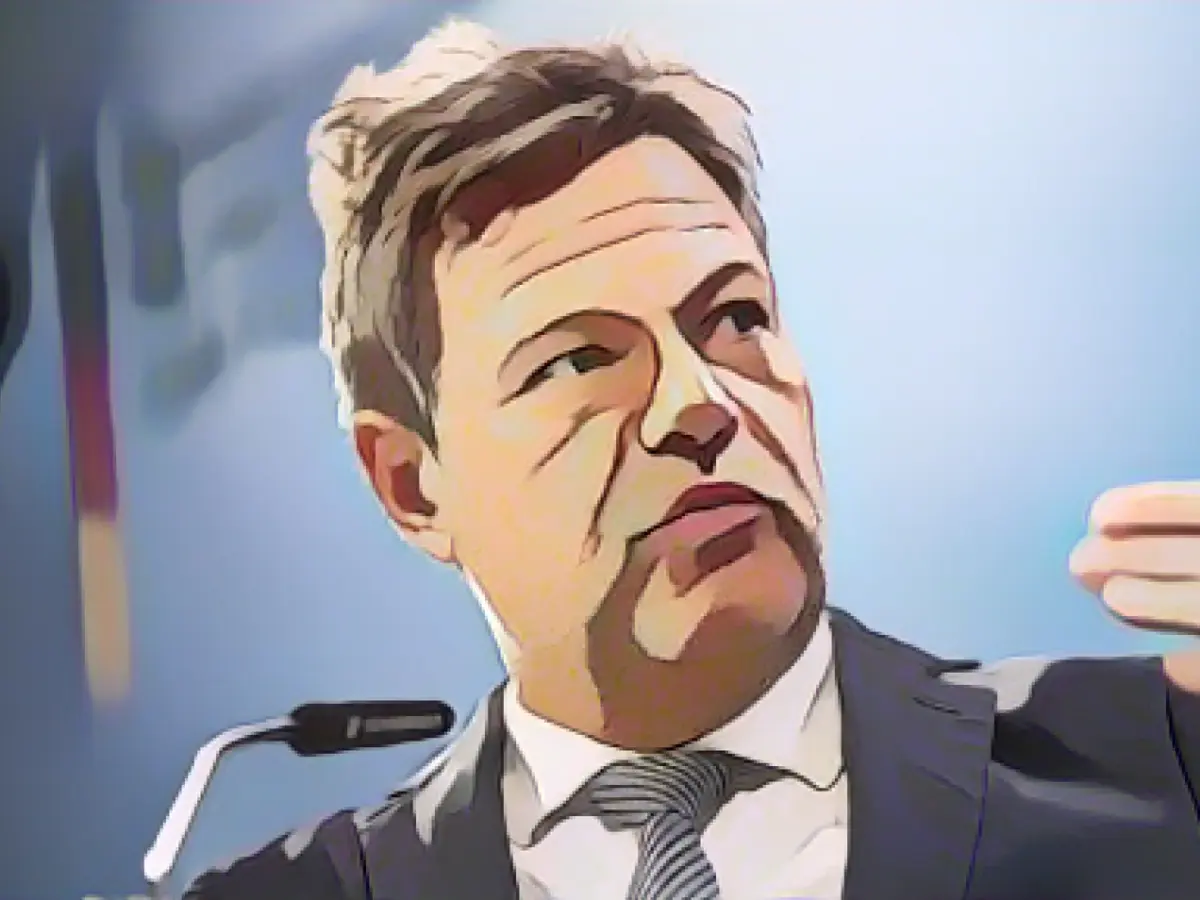The political scene in Berlin is on edge as Chancellor Olaf Scholz, Vice-Chancellor Robert Habeck, and Finance Minister Christian Lindner are scrambling to avoid a budget black hole. No one's in a fabulous mood, it's a nerve-testing period as the Karlsruhe budget ruling casts doubts on the foundation of the traffic light coalition.
This coalition test is happening like an Advent-like anticipation, yet in reality, it's anything but contemplative. Compromises are necessary, and the consequences won't be sweet for anyone. With each passing day without an agreement, the odds of passing the yearly budget grow slimmer.
Two scenarios face them: a swift resolution before New Year's Eve or a prolonged struggle, possibly bringing about a super-GAU-level government crisis before Christmas. Green Party leader Omid Nouripour underscored the importance of quick decisions, stressing everyone wants fundamental choices made sooner rather than later.
Pressure on content and time isn't the only issue. The climate minister, Habeck, is also battling for investments in climate protection within the Chancellery. But tackling climate protection in the midst of an ugly budget battle is a tough ask.
The chaos began with the Federal Constitutional Court's ruling three weeks ago. It labeled the reallocation of 60 billion euros to the Climate and Transformation Fund as invalid. This was originally approved as a coronavirus loan, but later intended for climate protection and modernizing the economy. The court also refused allowing the state to save emergency loans for future years. The result? Billions in damages for 2024 and a significant impact on modernization and climate protection projects.
Christian Lindner calculates a 17 billion euro hole in the 2024 budget, mainly due to planned electricity tax reductions and boosts in basic security. But these projects might need to take a backseat. The SPD's plan to raise basic income, initially scheduled for a 12% hike in January, is now on hold. Labor Minister Hubertus Heil disagrees, claiming such a reduction negates morality and violates the constitution.
The FDP, however, advocates for a reassessment, with inflation rates having decreased of late. The windfall from falling inflation could potentially help with bridging the gap.
A mandate to save or generate income resides at the heart of this coalition dilemma. The question is whether to raise taxes or suspend the debt brake for 2024. Lindner holds firm on the savings plan, stating that excessive spending standards and high subsidies need addressing.
If the FDP has its way, taxpayer money won't be spent carelessly, and the debt brake will not be breached. But time's running out. The FDP leader might not break away like he did in 2017. Remaining in the coalition could be the smarter, more responsible choice if the alternative is a grand coalition with the CDU and SPD.








